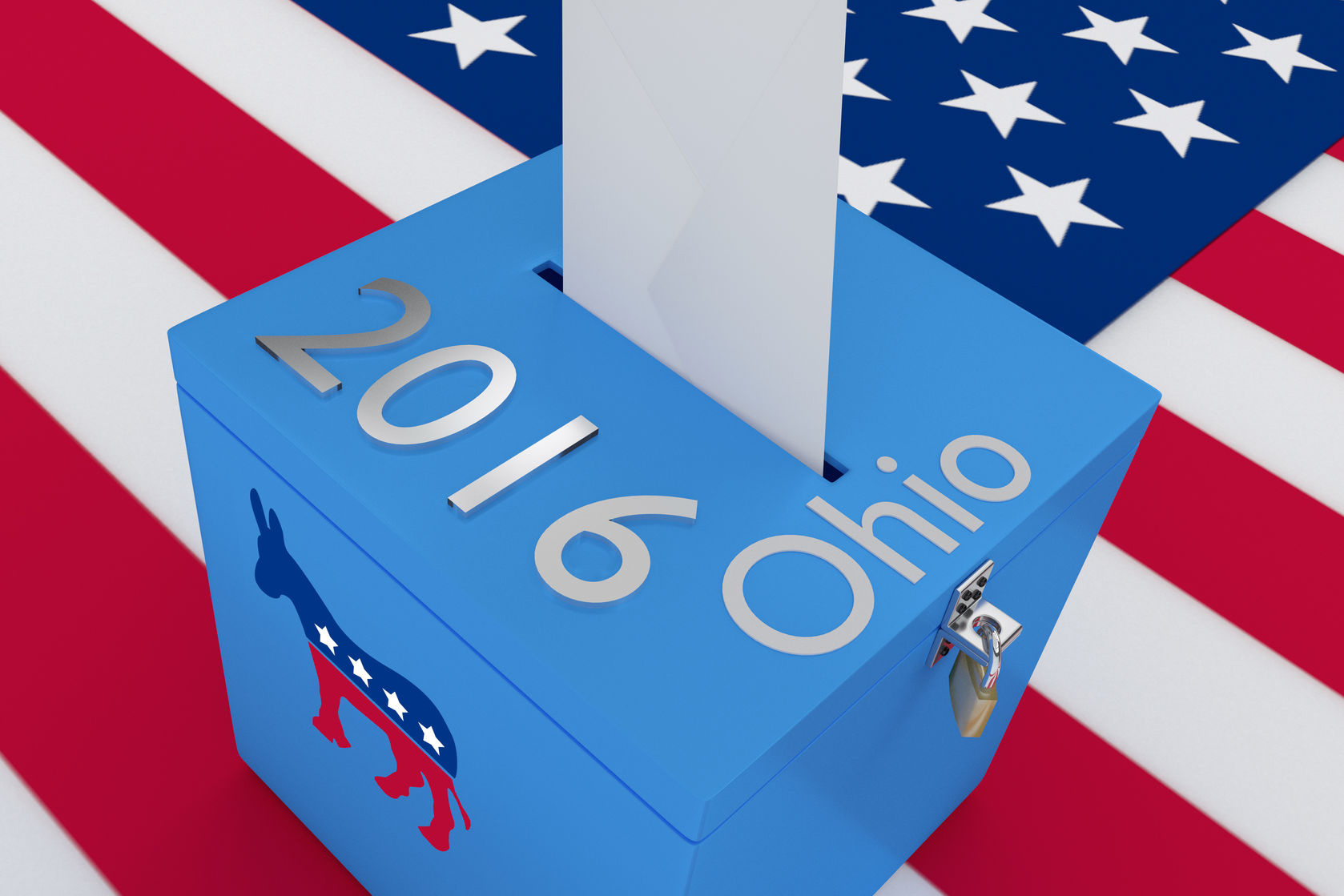Once it became clear Donald Trump’s Electoral College triumph would be accompanied by a popular vote loss, USA Today predicted “attempts to kill the Electoral College.” On cue, supporters of the national popular vote (NPV) compact redoubled efforts to effectively do just that.
In the name of advancing democracy and making every vote count, the NPV compact would pledge each adopting state’s electoral votes to whoever received the largest national vote, if states representing 270 or more electoral votes did the same. It would sidestep the rules necessary for constitutional changes, which supporters cannot come close to. Current adopters already represent 165 state electoral votes.
However, NPV’s actual purpose has always been to make Democrats new political victors. NPV doesn’t achieve its supposed core rationale—fixing supposed disenfranchisement of voters in safe states, so “every vote matters.” Further, it would undermine, rather than enhance, the perceived legitimacy of a close election winner. There would always be plausible claims that close races were stolen, since fraud or cheating or other forms of running up the vote anywhere could swing such an election. It could take the Florida Bush-Gore controversy nationwide.
If the real issue was disenfranchisement, states have a constitutional alternative—assigning electoral votes to each district’s winner (plus two to the state winner) rather than winner-take-all. Every district would be reflected in the Electoral College. Yet only two states have adopted it. Most Legislatures have strenuously fought the idea.
District representation could be compromised by gerrymandering, by which politicians supposedly against disenfranchising presidential voters disenfranchise voters in state Legislature and House elections. However, that is not the fault of the Electoral College, but the supposed reformers.
NPV will not make individual votes matter more. Your vote only matters now if it decides your state and your state decides the Electoral College; under NPV, it would only matter if it determined the national popular vote winner. Your personal vote will remain insignificant.
Claiming safe states are ignored is also misguided. Their influence has already been exercised; the dominant party already has the support of a majority. Raising money also forces candidates to be responsive, even in “safe” states.
In fact, NPV is about increasing safe states’ political leverage, because running up votes there could then swing national elections (local media, consultants, etc., would also love the money it would bring). It would give those politicians and their friends clout to extract greater political payoffs. Given that every NPV state went for Hillary Clinton, the real intent is clear. NPV would also increase the leverage of major cities, strongholds of Democratic constituencies and political machines. It is also consistent with adamant Democratic opposition to voter ID requirements and other voter fraud deterrents, which limit their ability run up votes.
In a world without free lunches, however, those favors must come from others’ pockets. Consequently, NPV would effectively disenfranchise those forced to bear the burdens of buying urban and safe state votes.
Disenfranchisement claims also ignore its most important form—subjecting ever more individual decisions to political determination takes away individuals’ rights to make their own decisions. Markets are a democracy where individuals’ votes determine their own outcome. Yet NPV states favor giving government more power to disenfranchise those individual choices, even though preventing that is the essence of liberty.
NPV backers constantly repeat their disenfranchisement refrain. However, they have rejected effective, constitutional solutions. They have intentionally disenfranchised voters through gerrymandering and turned blind eyes to vote fraud. Every increase in enfranchisement they support will increase votes cast “the right way,” increasing the disenfranchisement of others. NPV will not make individual votes matter one iota more. And its advocates continually expand individuals’ disenfranchisement by moving ever-more decisions from them to government.
NPV is not electoral reform. It is a means to enhance the political expropriation of citizens for Democrats and Democrat-favored special interests, camouflaged behind totally misleading rhetoric of advancing democracy.








